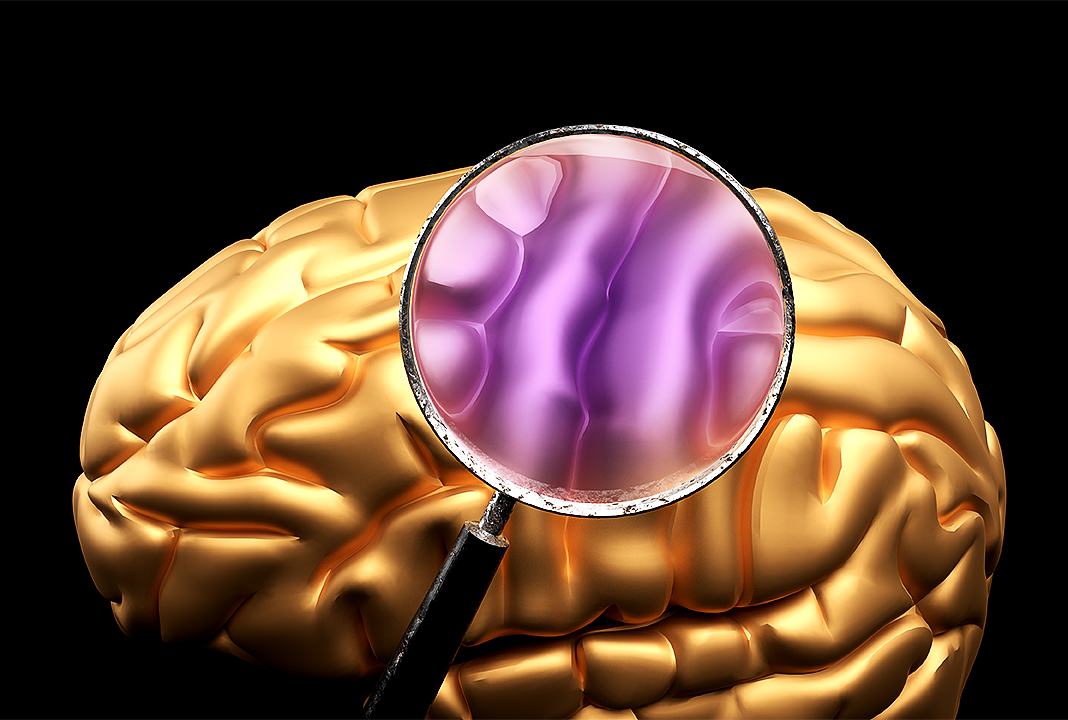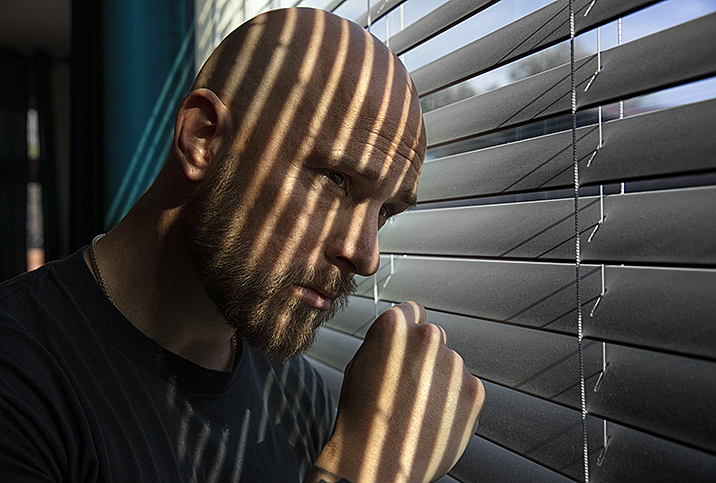How to Support a Partner with Generalized Anxiety Disorder

Impacting more than 3 percent of Americans, generalized anxiety disorder (GAD) is a challenging, persistent battle. If your partner suffers from it, you can provide huge support by helping them cope and improving outcomes in their fight.
GAD
Anxiety is normal for most of us—before an exam or office presentation, a first date, buying a house. However, for some people, anxiety is a constant pit in the stomach—when worrying about what might happen becomes a preoccupation. This is GAD.
Other symptoms of GAD include overthinking plans or solutions to potential problems, difficulty concentrating and relaxing, inability to set aside worries, indecisiveness and perceiving unthreatening situations as threatening.
Individuals with GAD often experience fatigue, irritability, sleeping problems, muscle aches and tension, sweating, nausea and gastrointestinal (GI) distress. GAD can worsen with time if untreated, and increases risk for other mental health disorders. Treatments include medications, cognitive behavioral therapy (CBT) and alternatives like mindfulness, exercise and meditation.
How GAD is impacting your partner—and your relationship
It's hard for a person to get the most out of life when they're constantly consumed by worry. If your partner has GAD, symptoms likely make it tough for them to keep things together. Sufferers are uncomfortable, preoccupied and likely exhausted.
Constant anxiety tends to have a negative effect on libido, so your partner may not be their normal loving self when it comes to sex. Furthermore, being around an anxious person all the time may take a toll on you and change the way you feel about your partner. All of that is to be expected. GAD is tough, for both the person afflicted and their loved ones, and the best way to learn to cope with what's going on is to be honest about the toll.
Supporting a partner with GAD
The best thing you can do is be there—be present, be calm, be kind. Your partner needs someone reassuring, who can be a voice of reason when their brain is in overdrive. Give them space, but be ready to lend an ear when they want to open up and support them as they take on their disorder.
Don't coddle, as doing things for them and letting them hide from life only exacerbates the problem. They need to find their confidence again and develop their own coping methods. However, you can be helpful. If they're up for talking about their anxiety, help them challenge it. Asking questions like, "What makes you scared of that?" and gently pointing out irrationalities can teach them how to talk themselves down in the future.
Never minimize their symptoms or tell them their behavior is ridiculous or crazy. It might not make sense to you, but their reality is their reality, and it's not their fault. Engage in calming practices together—like walks, deep-breathing exercises or yoga. Get them a helpful app, like Calm or Headspace. Learn all that you can about GAD so you know what to expect, what your partner is going through and what you should and shouldn't do. Learning to see the world through your partner's eyes can help you become more understanding and less frustrated by behavior you previously couldn't make sense of.
Make time for your own life, too. See friends, pursue hobbies and don't let your partner's disorder overtake you. Enlist the help of family and friends if you need it. People say, "It takes a village" for a reason. Sometimes we need help, and you're doing yourself and your partner a huge favor by asking for it. Be realistic about goals. Their anxiety is unlikely to disappear entirely, and you'll both be disappointed if you're waiting for this specific outcome. Don't push, but encourage them to get help. Professional assistance significantly increases chances they'll get better.
Focus on decreasing the stigma around the disorder. Yes, your partner has GAD, but you most likely have a commonly diagnosed problem or two as well, whether it's allergies, eczema or arthritis. We're all human. If your partner feels less ashamed or uncomfortable about their condition, they'll be a lot more likely to open up to you, allowing you both to take on—and work toward conquering—the challenges together.


















